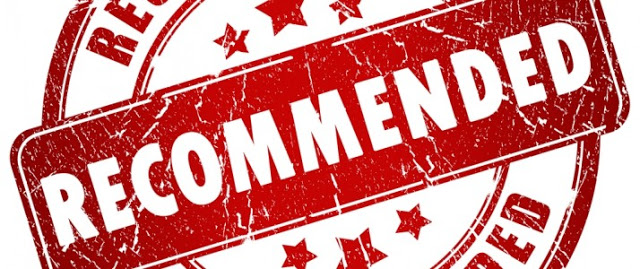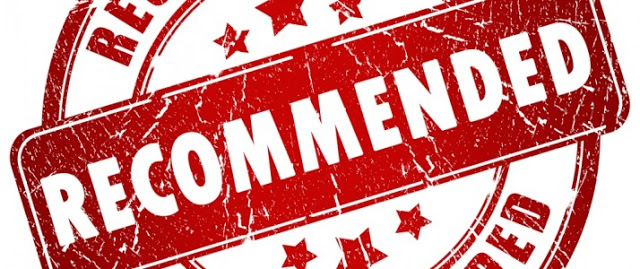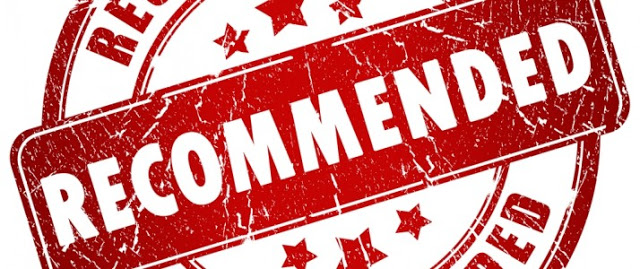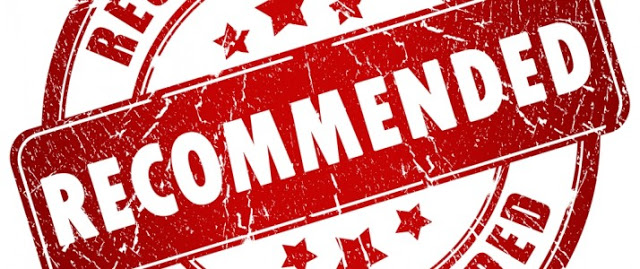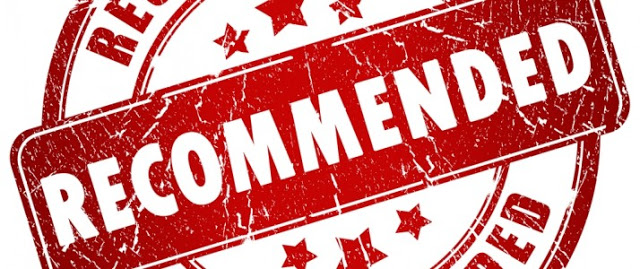 |
| Scandal, created by Shonda Rimes and starring Kerry Washington |
Like every other woman of color who enjoys film and probably many film and TV critics alike, I waited with baited breath to see what the debut of Scandal, the first major network television show in nearly 40 years with an African American woman in the lead would bring. Even with a number of film awards that many black actresses have received in recent years, there has always been the criticism, and justified, that they are stereotypical limiting roles. With Shonda Rimes as creator of Scandal (the godmother of Grey’s Anatomy and Private Practice), whose work pioneered color-blind casting and complex characters regardless of race, I had exceptional high hopes this show would be different. Shonda didn’t disappoint.
Many writers and film critics have written about the three usual archetypes that black women have fit into in popular culture representation. And it is through this prism Scandal is viewed. The Jezebel, who is very sexually promiscuous; the Mammy, who is the tireless devoted mother like figure regardless of all the wrong you did; and the Sapphire, a head-whipping, finger-snapping, anger-filled black woman. These stereotypes permeate all aspects of the American black women experience.
In Scandal, the actress Kerry Washington (from Save the Last Dance, The Last King of Scotland, and Django Unchained) plays Olivia Pope. Olivia Pope is based loosely on the life of Judy Smith, a real Washington operative who is a former member of the George H. W. Bush White House and a well-known crisis manager in DC circles. Like Judy, Olivia works with her team of lawyers, former CIA operatives, and political operatives to fix the problems and very real scandals of her very prominent clients.
Olivia Pope is tough but not in a stereotypical overbearing black woman portrayal like Sapphire. She is tough with necessity. She works in Washington DC and is in the thick of national politics and crisis managing. As someone who actually has worked as a woman of color in politics, I know for a fact no shrinking violets need apply to a world where required skills to success are extreme confidence, intelligence, and very quick thinking, and in Scandal, apparently very fast talking. Among Olivia’s clients are Congressmen, candidates for public office, corporate executives, a renowned pastor, a President, and a former Presidential candidate.
Olivia is not a tireless devoted Mammy because to fix other people’s problems and scandals, Olivia takes a NICE check to clean up your mess. (Evidence: A townhouse in Washington DC and a designer wardrobe to die for, ladies!!) Olivia truly is the lady boss. Her team is fiercely loyal to her as she takes care of them and they do the best for her because she is the best at what she does. It’s established within the first couple of episodes how good she is at what she does. The White House, which she left, calls her back often, and people come to her because her gut, as she infamously says, “is never wrong.” While many of us have seen this in our personal and professional lives (eg. Judy Smith), Olivia Pope is something rarely seen in black women representation on screen and is LONG overdue.
Being a Shonda Rimes created character, Olivia is like all of Shonda Rimes’ female characters: while tough and brilliant, Olivia is a flawed and complicated women. Kerry Washington is a great actress with a broad range who can pull this off well. In one second Olivia is talking tough and intimidating even world officials and next she is sensitive woman with a trembling lip in the next.
But even though Olivia is the great fixer of other people’s problems and scandals, she hides and really can’t fix her own major one: Olivia has a long running affair with the President of the United States, Fitzgerald “Fitz” Grant III (Tony Goldwyn), from when she worked his campaign, who is also white.
Herein lies the debate on Scandal: Is Olivia a Jezebel dressed up in 21st century political correctness? Instead of being a hooker on the stroll, slave mistress, or black girl in heat, she has her own job and career but still got to be all up on someone else’s man, especially a white man? The black blogosphere and Twittersphere debate and differ in opinion. Some say yes: 45-year veteran in advertising Tom Burrell, who has worked to promote positive portrayals of black people in media, calls Oliva Pope “a “hot-to-trot” sexually aggressive trope as old as the institution of slavery itself in the character” (damn!). Some brought up, by extension, the inevitable comparison to a Thomas Jefferson/Sally Hemings drama pretty darn quickly (of course) and some go as far as to guilt other black women (specifically) viewers for watching the show, in one popular meme (seriously?). Others defiantly say no, Olivia Pope is NOT a Jezebel. For my part, I tend to agree with the naysayers.
Olivia Pope is a groundbreaking black female character on television, period. She is a self-reliant, highly accomplished most sought-after professional. But she also made the mistake (something which she very much realizes) of falling in love with a white married man, who also happens to be, oh, the leader of the free world. The show is sharp in that it doesn’t make Olivia blind to her circumstance as any black woman in her shoes wouldn’t be. You find out in Season 2 that not only does she leave the White House to start her own firm but to get herself away from the President and let him focus to be the President he needed. Even in a fit of frustration she says of her relationship with Fitz to him, “I’m feeling a little Sally Hemings-Thomas Jefferson about all this.” Later Fitz confronts Olivia and tells her that the comment was “below the belt.” Because, he said: “You’re playing the race card on the fact that I’m in love with you.” He then proceeds to soliloquize his love so intensely for Olivia, that she (and even I) were a bit worried for his mental state.
Olivia is no Jezebel, because she takes control of her destiny being tied to Fitz and leaves it to chart her own path. Olivia is no Jezebel because the show has progressed long enough for her to have built a relationship with another man, a highly accomplished black man at that, while she still unquestionably loves Fitz she actually attempts to move on with her life, unlike him. No, she’s not perfect, but raise your hands in the air and wave them like you just don’t care if YOU are. As a black woman I realize we want to see ourselves escape the stereotypes because we’ve been held down by these images so much that we inevitably hold ourselves up to perfection to escape it. But this is also damagingly unrealistic for the black woman to do that not only to our mental health but perception from others. Frankly, the more of our stories are out there, the more we’ll reach parity in representation in film and television.
If I have any criticism on Scandal, it’s who IS Olivia, before Fitz, before the White House, and how she came to do what she does. We have a better snapshot, if not complete, on most characters, and knowing Shonda likes to take her time unfolding a character, I am looking forward to what that brings.
All in all, I think Shonda Rimes has done an outstanding job breaking barriers and it looks like she has struck a chord with African American audiences, according to the latest New York Times article. According to Nielsen, Scandal is the highest rated scripted drama among African-Americans, with 10.1 percent of black households, or an average of 1.8 million viewers, tuning in during the first half of the second season. Real life crisis manager Judy Smith live tweets during the show as do other prominent black political operatives and commentators, namely Donna Brazile and Roland Martin. Among the group aged 18 to 34, the show typically ranks first in its 10 p.m. Thursday time slot, which means success to the industry. It’s fast moving, jaw dropping, how-in-the-hell-did-I-not-guess-that cliff hangers that Shonda Rimes is so good at, combined with great actors, projects nothing but continued success for Scandal.
And I will be there every Thursday to watch.
———-
Atima Omara-Alwala is a political strategist and activist of 10 years who has served as staff on 8 federal and local political campaigns and other progressive causes. Atima’s work has had a particular focus on women’s political empowerment & leadership, reproductive justice, health care, communities of color and how gender and race is reflected in pop culture. Her writings on the topics have also been featured at Ms. Magazine
, Women’s Enews
, and RH Reality Check
.


